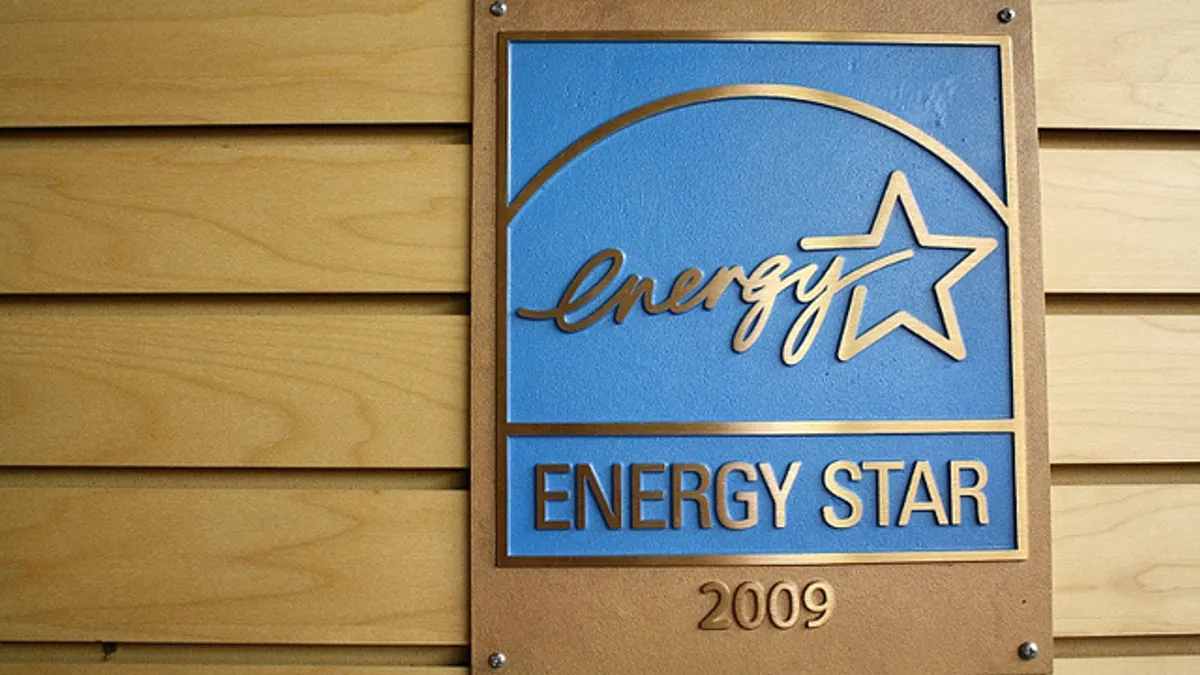Perhaps one of the most-effective and least-controversial energy programs of the Obama Administration has been a focus on appliance standards - the slow push to create greener products that use less energy and ideally level out the playing field for manufacturers.
President Reagan signed the current standards law in 1987, and President Obama in his terms adopted more standards than any president since. The Department of Energy got caught up on deadlines it had previously missed updating product standards, and passed measures that are saving consumers billions of dollars.
The program is remarkably effective. According to DOE, efficiency standards completed from the program’s inception through this February will save 132 quadrillion Btus (quads) of energy. That works out to about $2 trillion in consumer utility bill savings, and reduced carbon dioxide emissions of more than 7 billion metric tons.
Through June, there were 45 standards adopted under the Obama Administration. Those standards, efficiency advocates told Utility Dive earlier this year, have amounted to more than 2.2 billion metric tons of carbon emissions avoided — the equivalent of taking 578 typically-sized coal power plants offline for a year.
But efficiency boosters are worried about the coming election, particularly whether the next administration will reflect that sense of urgency, because appliance standards work best when they are continually updated to reflect new technologies and goals.
"The next occupant of the White House could preside over updates to existing lighting and efficiency standards that by 2050 would cut climate emissions annually by the equivalent of 60 coal-fired power plants and lower consumer bills by $65 billion per year,” said Andrew deLaski, executive director of the Appliance Standards Awareness Project (ASAP).
ASAP and the American Council for an Energy-Efficient Economy (ACEEE) last week released a new study highlighting the energy efficiency potential that will be on the table under either a Trump or Clinton presidency. And while the groups say either administration has said it wants to ensure government is working for the people — and would therefore, hopefully continue the pace of updating standards — the report highlights just how much influence that administration will have.
According to “Next Generation Standards: How the National Energy Efficiency Standards Program Can Continue to Drive Energy, Economic, and Environmental Benefits,” the next administration could achieve cumulative nationwide savings of 70 quads of energy and 3.5 billion metric tons of carbon dioxide over existing standards by 2050, along with cutting utility bills by $1.1 trillion.
Focus on testing, coordination
The report also includes recommendations to DOE to continue the advances that have been made, including improved test methods and expedited updates for top priorities. “The current administration has made a lot of progress on testing, but much more work can be done on washing machines and water heaters, for instance,” said deLaski, with a greater focus “on how they perform in people's’ homes.”
DOE already reviews testing methods, and the report recommended the agency “take into account a number of crosscutting developments that may affect many products’ test methods, including new modes of operation such as network standby, expanded user-selectable options or modes, controls that might help save energy, and the effect of software or firmware updates post-installation.”
Other recommendations included systematically reviewing opportunities to expand the scope and conduct rulemakings; improve analysis methods and data sources; and develop a coordinated approach to testing related products.
“Appliance efficiency standards should continue to be the most important federal program for electric and natural gas savings,” said Lowell Ungar, senior policy advisor for ACEEE. “They are a great success story.”
The group discussed the findings last week in a conference call with reporters, where questions of politics were inevitably asked. But the analysts said findings reflect the potential of energy efficiency savings — hopefully a bipartisan idea.
“Both of the major candidates have shown they want government to be benefiting consumers, benefiting the economy and benefiting the environment,” said Ungar. “And appliance standards have been shown to be a smart policy that helps consumers and promotes economic development and protects the environment.”























